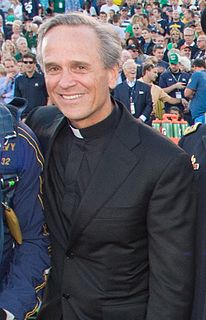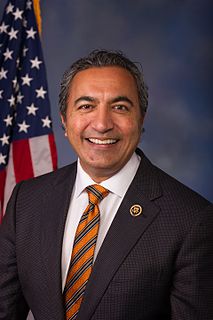A Quote by Condoleezza Rice
I worry a great deal about all of those surveys that are out that Americans, in particular, are becoming distrustful of our institutions - that Americans are beginning to say they're either irrelevant or they're corrupt or they certainly don't speak to me. But the institutions are actually still functioning.
Related Quotes
I remember in 2000, when President Clinton came to Cartagena just before Plan Colombia started, the country was on the verge of becoming a failed state. Today, we are one of the most solid democracies, where institutions are working, where the scandals such as false positives have come to light because of those functioning institutions.
We kind of reduce our responsibility to not saying the N-word and to condemning the Klansmen, rather than saying many of our celebrated institutions are systemically racist. Many of our institutions that deal with law enforcement or controlling the bodies of Black people are systemically racist. Many of our educational institutions are systemically racist. Many of our corporate institutions are systemically racist. We don't have those conversations, so things don't change.
I am far more concerned about policies of the Democratic administration and Democratic Party that infringe on the rights of religious institutions and practices and open the door for using taxpayer dollars for abortions, to which many Americans have profound moral objections. Those are steps that would show a lack of respect for Catholics and their institutions.
Intriguingly, in poll after poll, when Americans are asked what public institutions they most respect, three bodies are always at the top of their list: the Supreme Court, the armed forces, and the Federal Reserve System. All three have one thing in common: they are insulated from the public pressures and operate undemocratically. It would seem that Americans admire these institutions, precisely because they lead rather than follow.
Our nation is built upon a history of immigration, dating back to our first pioneers, the Pilgrims. For more than three centuries, we have welcomed generations of immigrants to our melting pot of hyphenated America: British-Americans; Italian-Americans; Irish-Americans; Jewish-Americans; Mexican-Americans; Chinese-Americans; Indian-Americans.












































